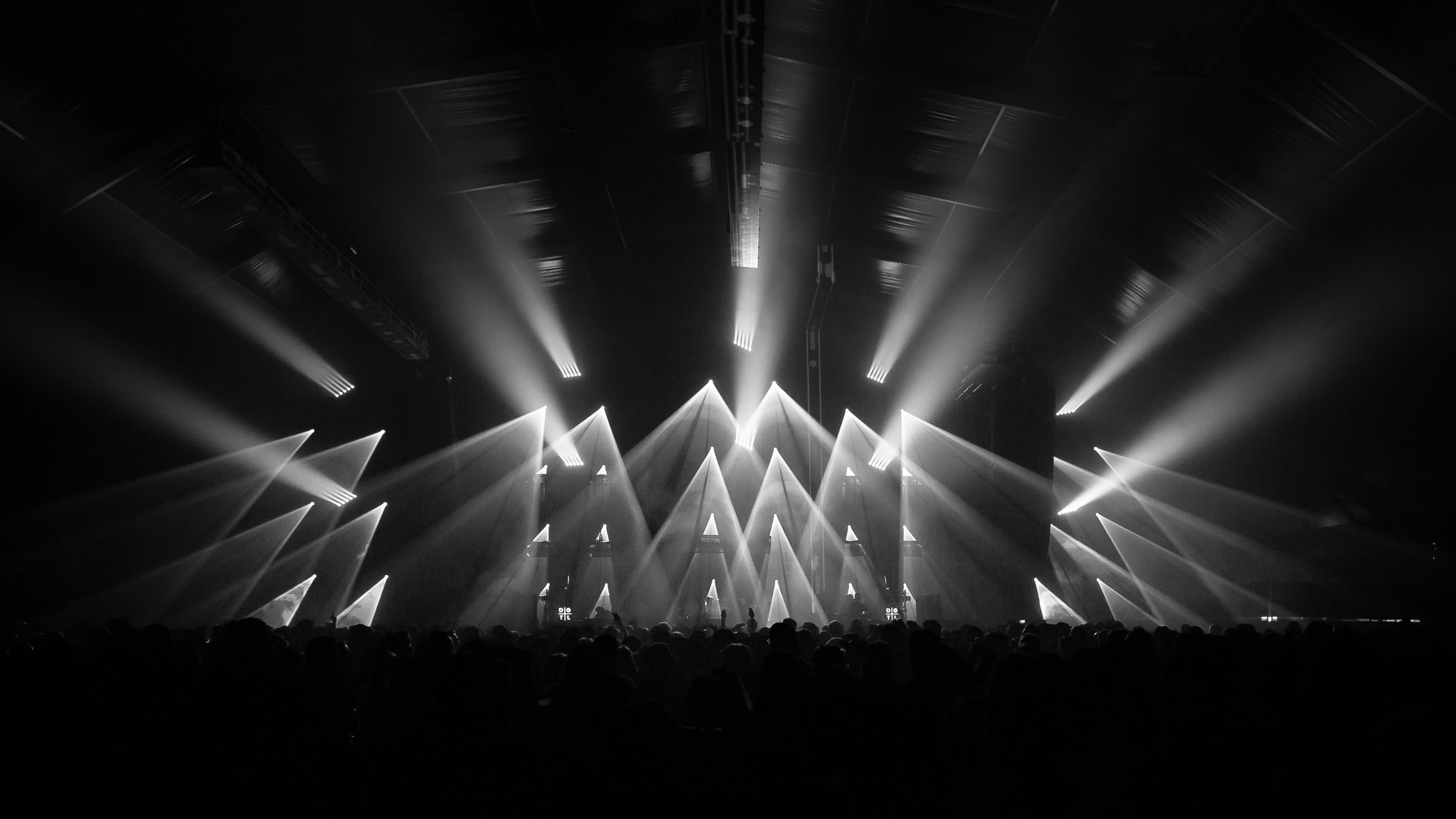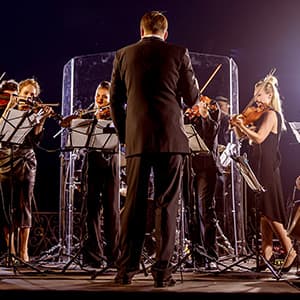

Messiah Classical Tickets
Up to 30% Off Compared to Competitors.
Location: Select Location (e.g, New York)
About Messiah - Classical
In recent years, performances of Handel's 'Messiah' have seen a resurgence, particularly as classical music festivals and concert halls around the world schedule annual renditions. Notable performances often occur during the Christmas season, with orchestras and choirs preparing for large-scale productions in major cities. For instance, the New York Philharmonic and the London Philharmonic Orchestra regularly include 'Messiah' in their seasonal programming. In 2023, many orchestras are planning to adapt the work to include modern elements, such as innovative staging and multimedia presentations, to attract younger audiences. Additionally, virtual performances and livestreaming of concerts have become increasingly popular, allowing audiences from around the globe to experience the oratorio in real-time from the comfort of their homes. Collaborations between classical musicians and contemporary artists have also emerged, breathing new life into the traditional work. As the world continues to navigate post-pandemic challenges, 'Messiah' remains a symbol of hope and unity, bringing people together to celebrate the joy of music during live events.
Messiah - Classical History
The 'Messiah' is a renowned oratorio composed by George Frideric Handel in 1741. It is one of the most frequently performed choral works in Western music and has become a staple of the classical concert repertoire. The piece was originally composed for a concert in Dublin, where it was met with enthusiastic acclaim. Handel's 'Messiah' was notable for its innovative structure, combining elements of sacred music with operatic flair. The oratorio consists of three parts: the prophecy of Christ's coming, the life of Jesus, and the victory over death through resurrection. Over the centuries, 'Messiah' has been performed in various formats and interpretations, from grand orchestral versions to more intimate chamber performances. Its enduring popularity is attributed to its powerful music, including the famous 'Hallelujah' chorus, and its ability to transcend cultural and religious boundaries. Throughout the 18th and 19th centuries, 'Messiah' was regularly performed during the Christmas and Easter seasons, establishing its place in holiday traditions. Composers and conductors have continued to reinterpret the work, making it relevant for contemporary audiences while honoring its historical roots.
